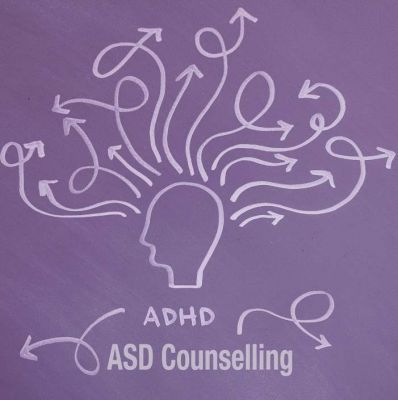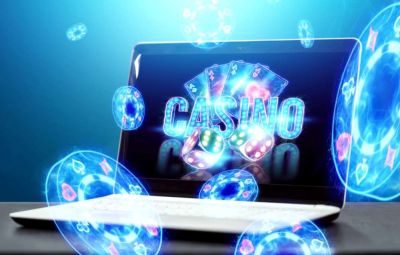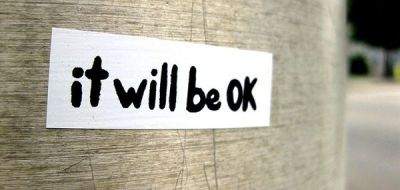“My Most Trusted, Utilized ADHD Resources Are…”
On TikTok, #adhd is the seventh most popular health hashtag, which demonstrates the popularity and ubiquity of health content on social media.1However, Likes and Shares are not an indicator of accuracy, according to a recent study in PLOS ONE.
For example, less than half of the information shared in immensely popular ADHD TikTok videos (which have garnered nearly half a billion views) aligns with the Diagnostic and Statistical Manual of Mental Disorders (DSM-5).2 Most ADHD TikToks perpetuate lies or half-truths.ADHD inaccuracies don’t just permeate social channels; they also appear in podcasts, newspapers, TV shows, and beyond.
Misleading information threatens to oversimplify symptoms, to worsen stigma, and to promote unsafe interventions.So, where can people turn to find trusted and useful ADHD resources?
We asked ADDitude readers to share their recommendations, and here is what they told us.“I turn to professional publications and professionals trained to treat ADHD, like Russell Barkley, Ph.D., and Tracey Marks, M.D.
Read more on additudemag.com































